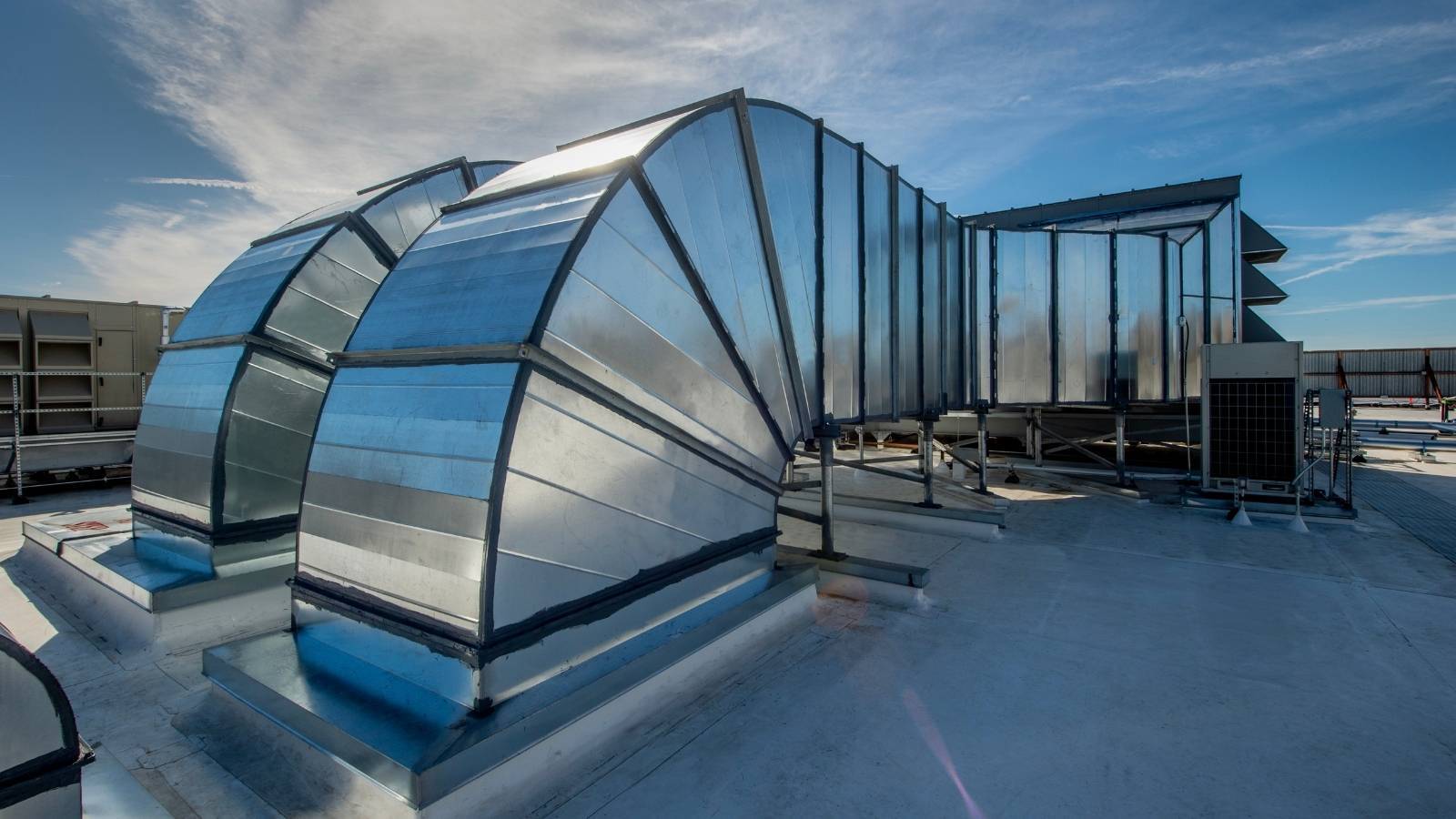


February 6, 2024
Winter Wellness: The Benefits of Adding Humidity to Your Home's Heat
As winter sets in, we often focus on keeping our homes warm, but have you...
Read More
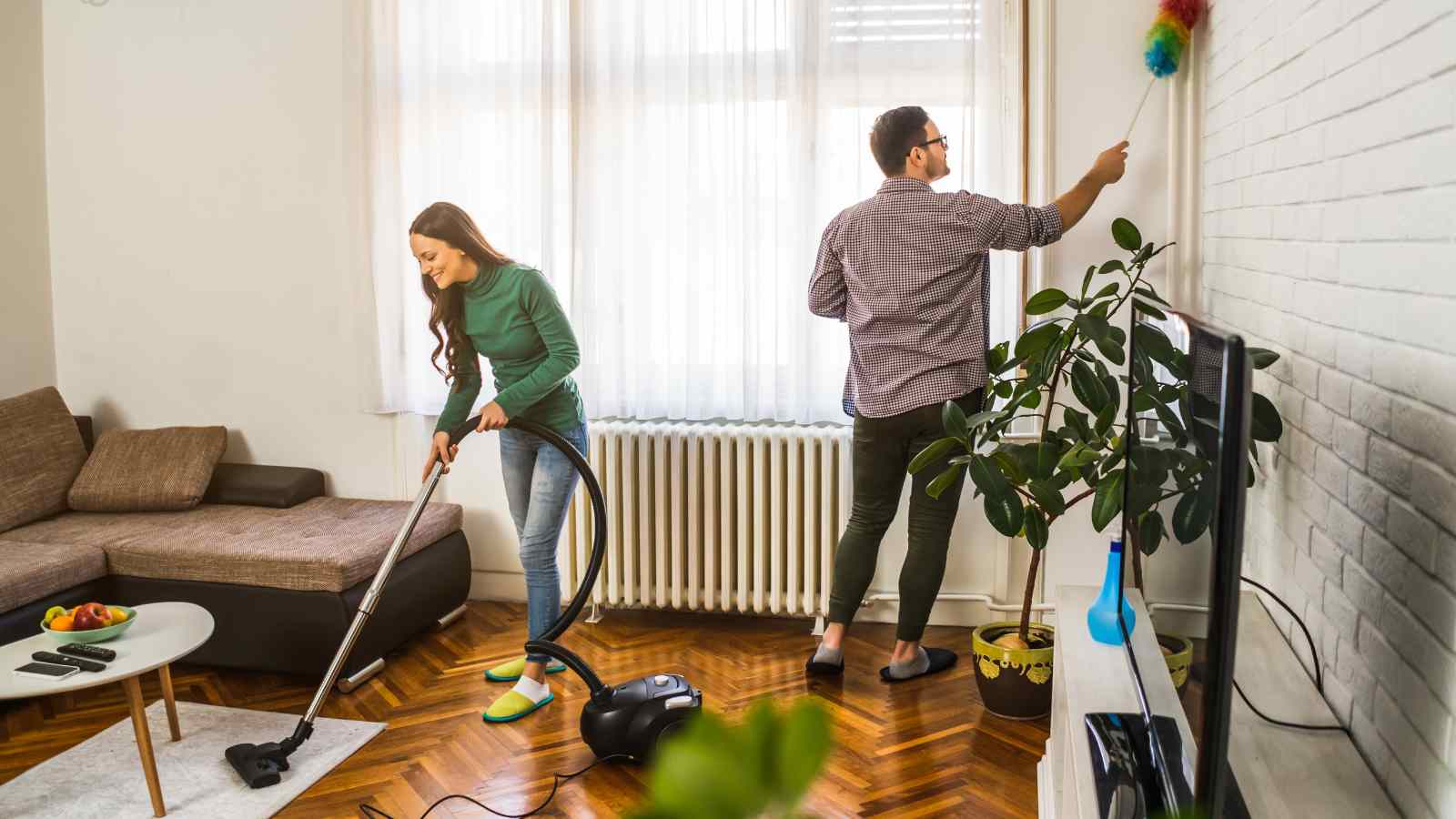
August 22, 2023
Does Duct Cleaning Reduce Allergy Symptoms?
Allergies are a common concern for many individuals, causing uncomfortable...
Read More

Did you know that the air quality in your home can affect your sleep? Poor...
Read More
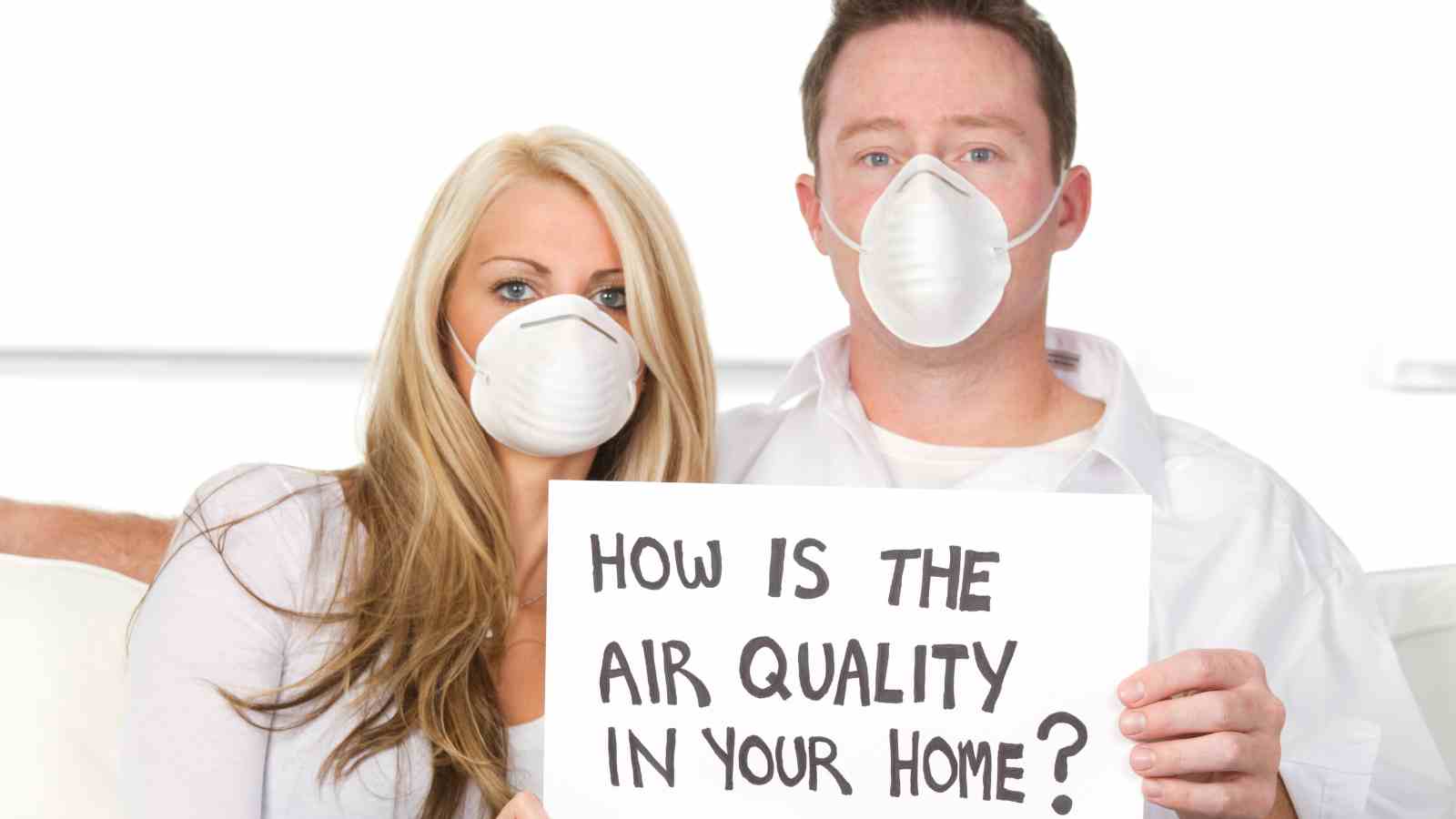
February 21, 2023
The Benefits of Good Indoor Air Quality
Having good indoor air quality is essential for healthy living as the air we...
Read More
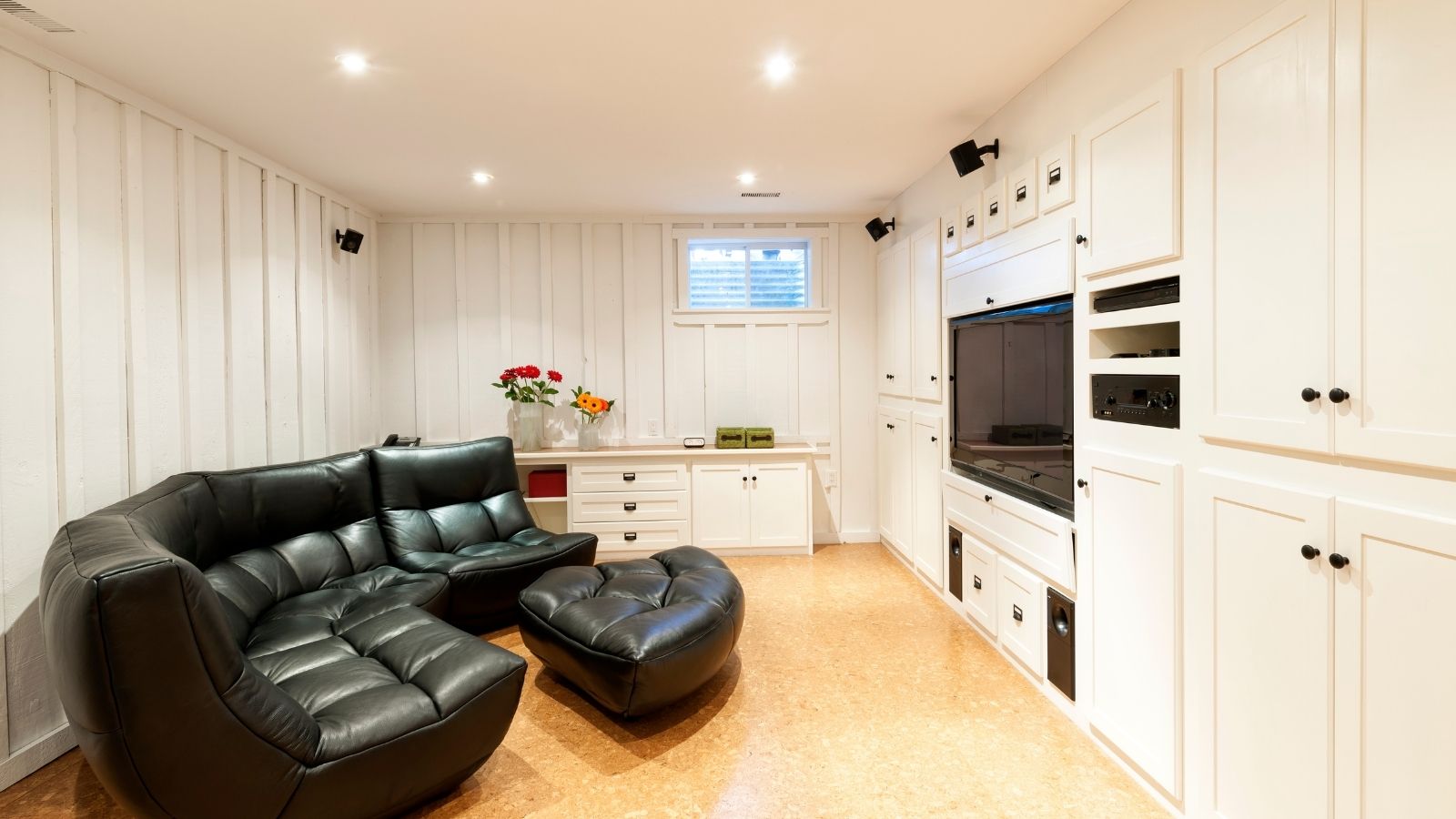
February 28, 2022
Should I Be Concerned About the Musty Smell in My Basement?
Whether you use your basement for utility or recreation, a musty smell never...
Read More
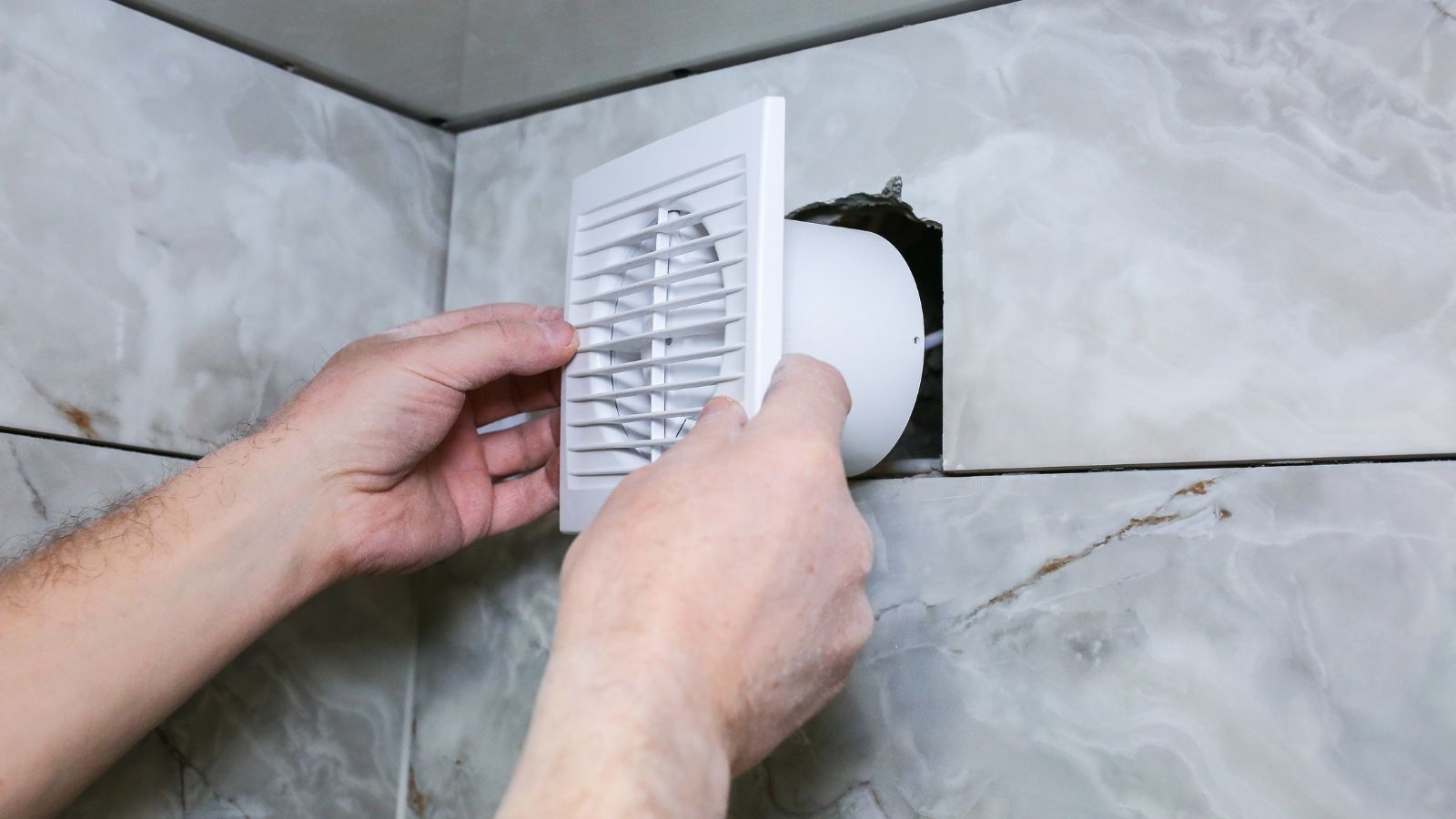
February 14, 2022
What Is Causing the Musty Smell in My Bathroom?
Your bathroom is one of the most frequently used rooms in your home. According...
Read More
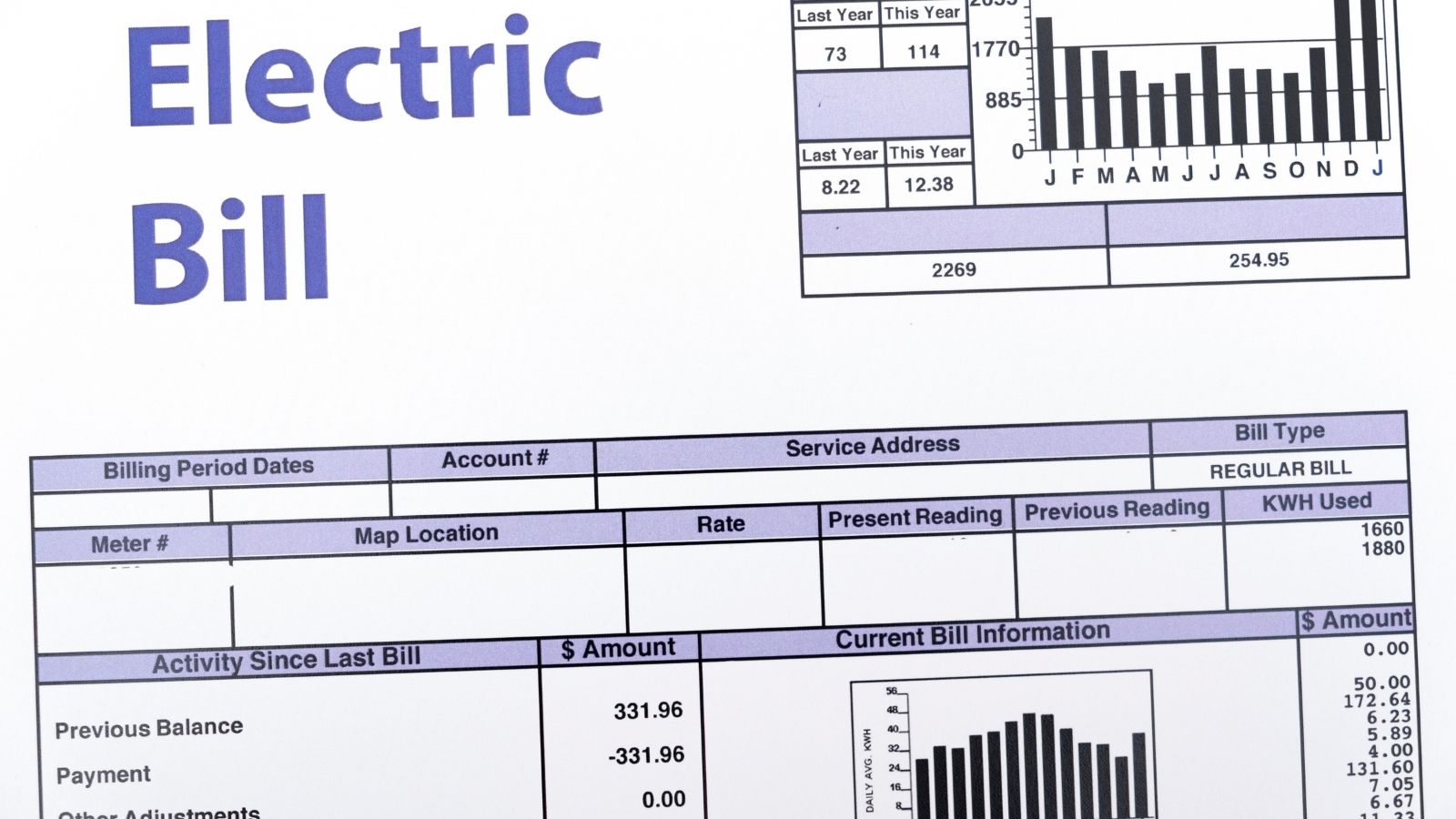
December 27, 2021
Is Duct Insulation Worth the Money?
Have you ever heard the saying, "You've got to crack an egg to make an omelet?"...
Read More
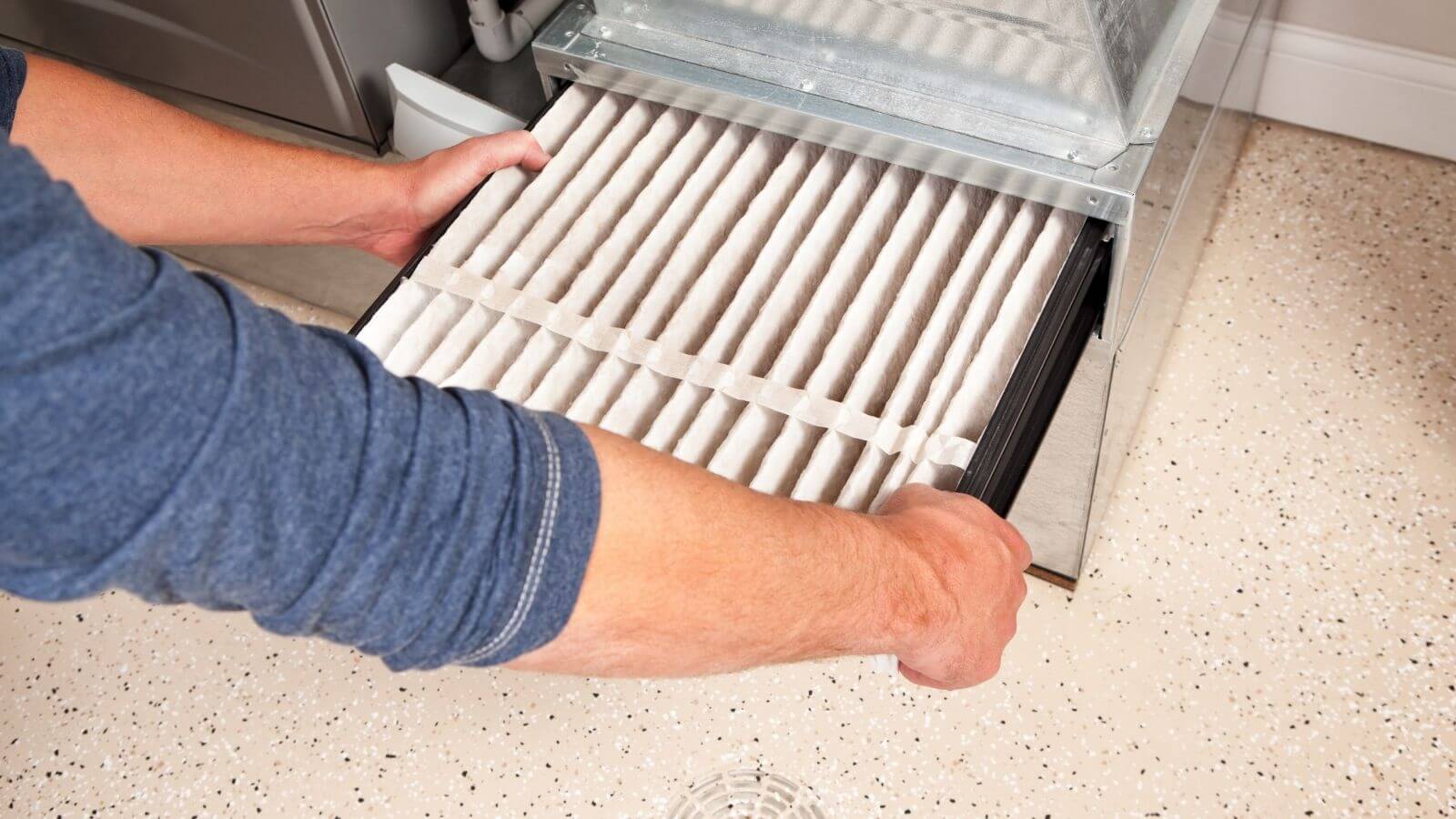
October 19, 2021
Is my furnace filter making my house smell musty?
Nobody wants to live in a stinky home. But sometimes, finding the cause of a...
Read More
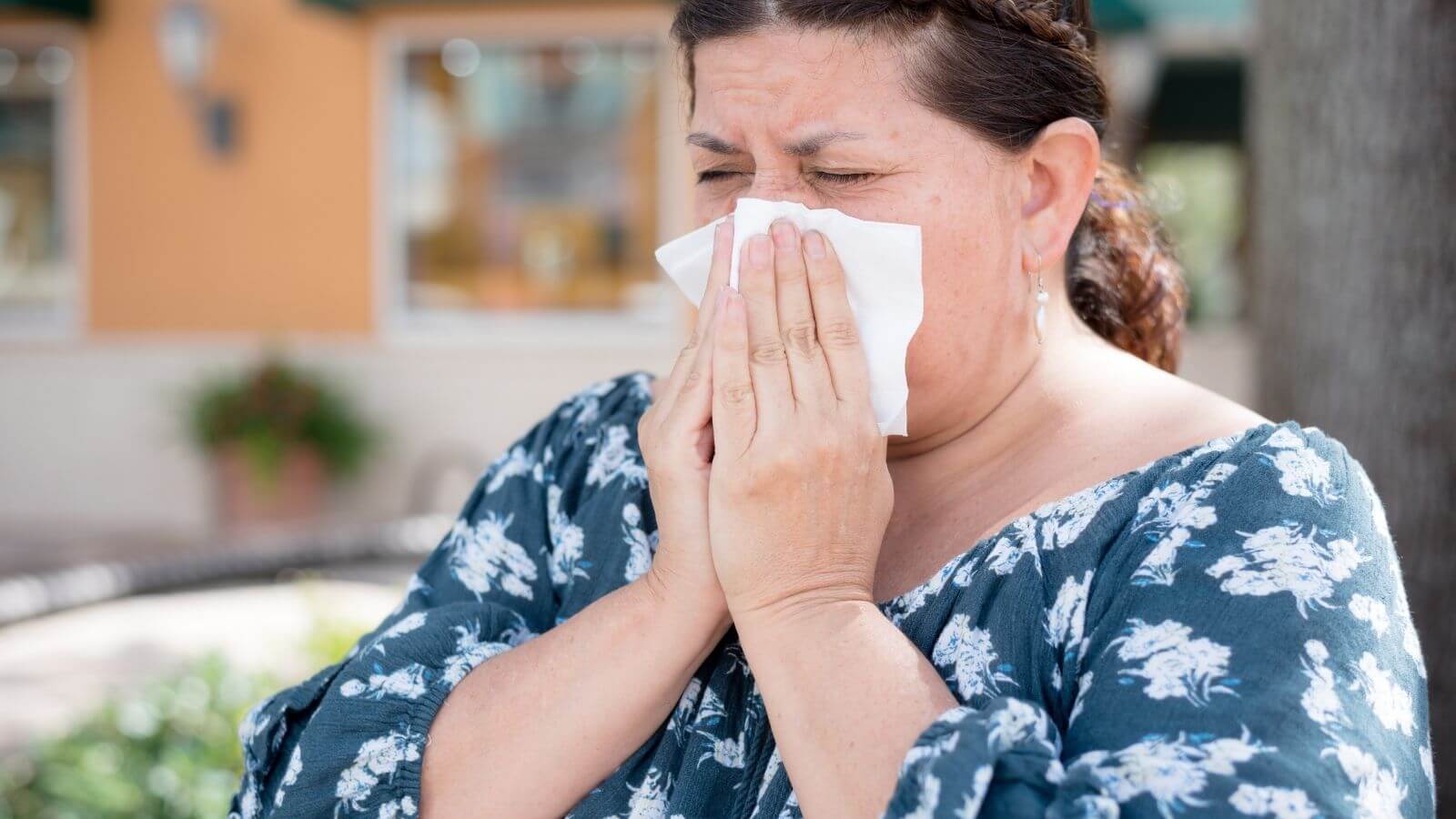
July 2, 2021
Indoor Air Quality and Allergies
If you think allergies are all about the pollen outside, think again. Indoor...
Read More
Sorry, but there are no results that match your current filters and search.
Please try a different filter combination.
Please try a different filter combination.

